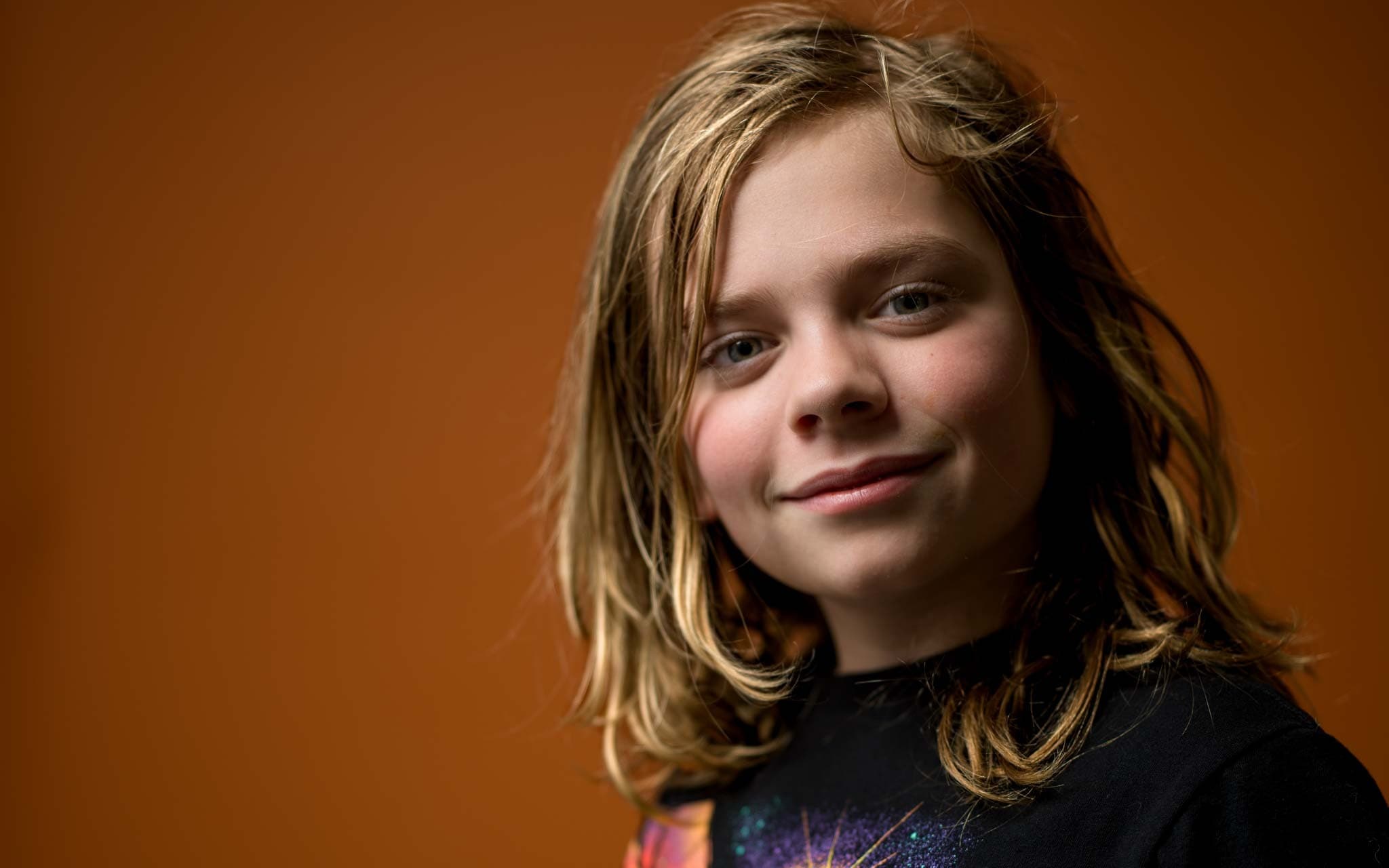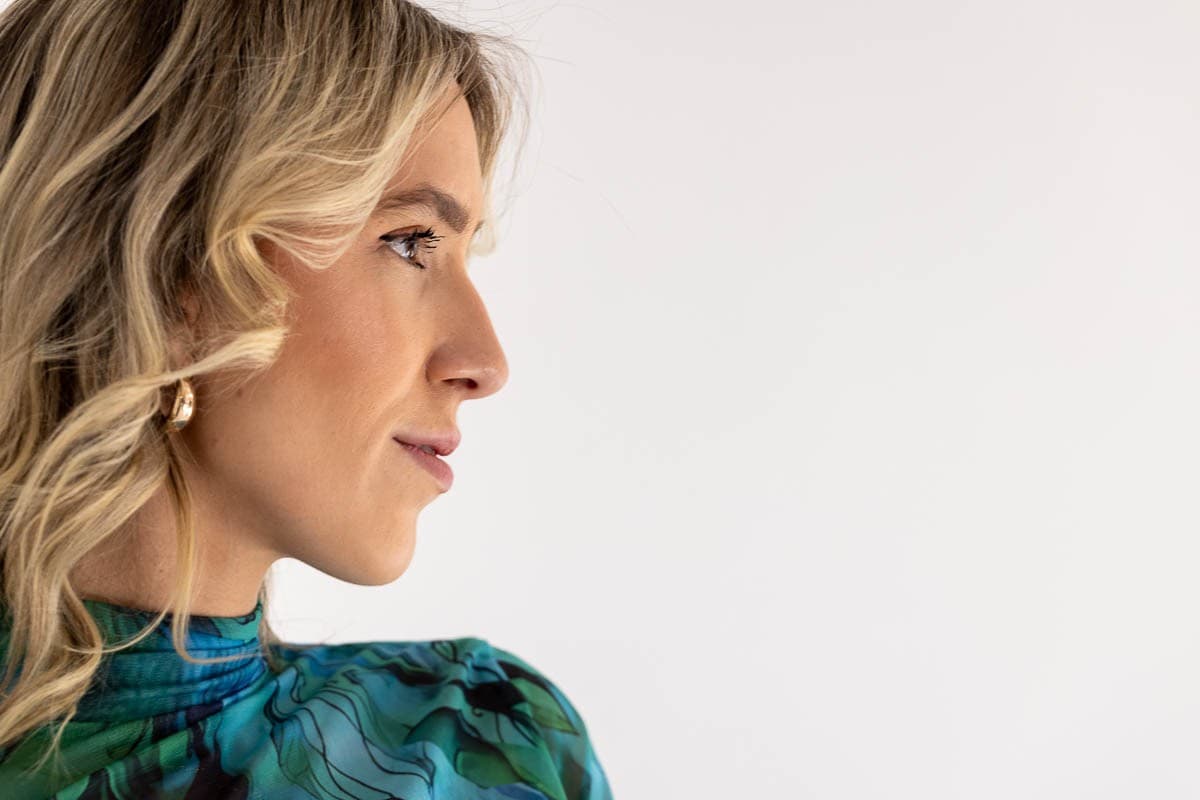Smartphone Cameras Vs. DSLR's and Mirrorless Cameras
September 13th, 2020
This is a debate that has been happening for a little while now. And while phone cameras are getting better and better, there's some things to consider when it comes to deciding whether or not to only rely on a phone camera. Let me say first, the old adage of "The best camera is the one in your hand," still most definitely holds true. It's better to capture that shot than to miss it completely, that is, if capturing the shot is your end goal. And especially so in the age of social media where the photos we're taking aren't being blown up and put on walls as art that is 3.5 feet by 4 feet big. Or something along those lines. They're pretty good at doing your standard 8"x10" and printing it off at Walmart, London Drugs or your local photo printing kiosk. It does the trick, it captured a closely held memory and it looks good to boot. But if you're going to get into doing some photography, and think the phone will cut it, let me throw some info at you. Let's start by how a photo is captured. Any photo, is a sensor that is exposed to light and capturing the light and dark onto a medium, with colour sensors capturing green, red and blue colours. Given that our eyes can capture greens much easier than reds or blues, most colour sensors (as in pretty much all cameras nowadays) are approx 50% green, 25% blue, and 25% red photo sites on the sensors. This is a Bayer Filter Array system. As opposed to the Fuji X-trans sensor that has large green sites with mixed up blue and red sites around them. But that's some super technical stuff. The stuff everyone wants to know is about megapixels. But that's not what everyone SHOULD be looking at. Do megapixels matter?
Yes.
Well; and no.
Let me explain. Sure megapixels matter. It allows far more information to be captured with more megapixels. This is very true. But if you look at a 50 mp phone, vs a 50 mp medium format camera, which will be better? Clearly the medium format will. Why is that? Microns. Or size of the photo sites plays a much bigger role than people understand. While the average phone's microns (expressed as "μm") is approx 1.1μm a medium format camera averages around 8.4μm. Which is a huge difference. It can capture not only the same amount of information in that pixel that the phone can capture, but "it captures much better dynamic range which gives a better transitional tonal value,
better tonal accuracy, and better colour accuracy.¹" The smartphone's ability is to capture light and colours will be far less than the ability of the medium format. Even a crop sensor, like the one on my Canon 60D only has 18.1 mp but the micron size is 4.3μm, meanwhile the microns in my Samsung S9 is only 1.22μm in an 8 mp sensor. Which is why you see the photos on your smart phone with weird artifacts once you start doing minimal editing to them. This is due to only being able to capture in JPG format, which burns the information into the image to reduce the size, and the lack of colour information that can be absorbed. Now, there are smartphones that have the ability to capture in RAW format, which allows you to better manipulate the image, as it's capturing and holding ALL the information, rather than burning it into the image. Even the S10 has a cameras capable of 8-16 mp. But with only that 1.22μm-1.44μm sensor, depending on the version model of S10 and which camera you happen to be using on it.
These smartphones are just that. Smart. Smart as heck to be honest. Sometimes much smarter than we can imagine. Sometimes, too smart. But there are a lot of sacrifices to get these certain technologies that we want in them. The sensor size to have such a portable camera is the sacrifice that we take here. But digital zoom will never replace a zoom lens. Although you can now get mini lenses for your smartphone as well. Plus you can get an off camera flash and attach it via an app for some flash providers too! You can now switch between JPG and RAW. Do long exposures. Pro modes. Take better HDR (High Dynamic Range - Lots of difference in light) photos. You can still take 3 or more photos into photoshop from your phone and merge them together for an HDR image if you want. It has the ability to do a panorama straight in camera. Add filters (BLECH) and much more. All stuff you can do in post processing with your camera. Except without the post processing.
Most people are happy having the camera do all the work. Seems to be th at way in life too. They don't really care how something is done, they're just happy there's something out there to do it for them. I'm kind of the opposite with this stuff. I want as much control over it as possible. Am I a controlling person? No. But I may not like how the smartphone does something and will want to change it. But you can't. It's just how it's done with the tech in the camera. Meanwhile, I want to go back to using film. And will probably do so for some things in the near future. Maybe whip out a film camera when doing a family shoot. Using my DSLR to shoot with, and then take a select few shots on film, and continue with the DSLR. There's just something about being to take control over all the settings, all the processing. Choosing to use one type of film or another. Choosing what to Dodge and Burn. Double Expose. Or a multitude of other options that you can maybe do with a smartphone to an extent, but you're still limited. Limited to those microns. Limited to the information in the photo. Moreso than with a DSLR or film camera. Plus then there's the feeling of accomplishment that you just don't get with a smartphone. A smartphone you can just shoot and shoot and shoot until your card is full or your heart is content and then call it a day. But when you're using a film camera, that gets expensive; really quick. So you pick and choose your shots. Slow down. Do your own thing until you're ready and then BANG. And if that shot turns out. Even after working with a DSLR and seeing so many terrible shots and all of a sudden you see just that ONE that turns out the way you hoped, and then maybe work to make it just slightly better. Boy, that accomplishment. That feeling. Pride.
It's all a matter of choice but, for the time being at least, smartphones won't completely replace an entry level or mid level camera. Though they can still take some pretty stellar photos! In my humble opinion, I do not believe that a smartphone is better than a DSLR or mirrorless camera. But it's a great option for when you don't have time to put the proper lens on, set up a tripod, put on your ND filters or graduated filter or macro tubes or whatever it is you need to do to set it up. That's when a smartphone comes in handy. That's when it works well. So enjoy your smartphones. Enjoy your DSLR. Enjoy your mirrorless. Your Pinhole. Your film camera. Large format, medium format, or smartphone sized cameras. Enjoy your photos, but shoot with a purpose. Not just for the sake of shooting. Print your work. Hang it somewhere. Give it to friends. Whatever your heart desires!



